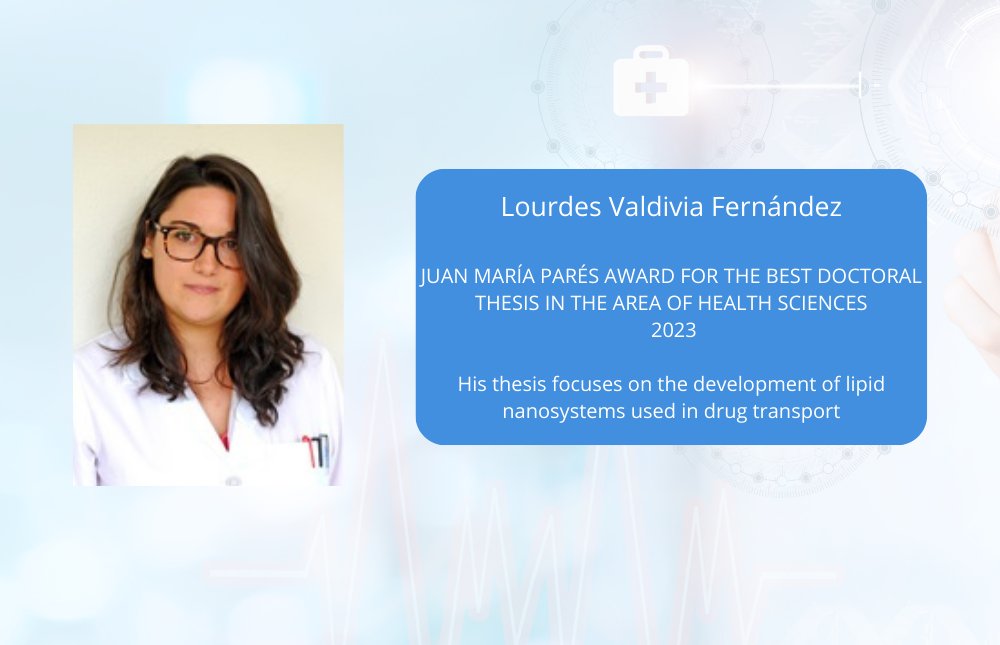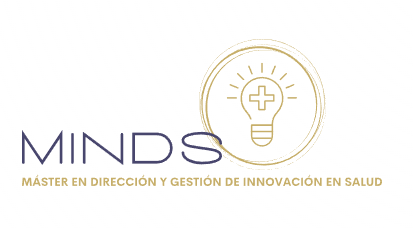The work focuses on the transport of drugs through lipid nanosystems.
The University of Cantabria has announced the winners of the ‘Juan María Parés Research Awards’ in the doctoral thesis category, highlighting the work of Lourdes Valdivia Fernández in the area of Health Sciences. Valdivia’s thesis was supervised by researchers Mónica López Fanarraga and Rafael Valiente Barroso, from the Nanomedicine Group of the Valdecilla Health Research Institute (IDIVAL).
These awards, established with the aim of promoting the talent of young researchers, recognise the five best doctoral theses presented in the last three years in each of the areas of knowledge.
Lourdes Valdivia’s doctoral thesis focuses on the development of two lipid nanosystems for the transport of three different drugs: two antibiotics (Chloramphenicol and Enrofloxacin) and a chemotherapy drug (Doxorubicin). This innovative study ranges from the synthesis and preliminary analysis of the nanosystems to in vivo investigations in murine models.
According to their findings, the transport of Doxorubicin through a lipid nanosystem has shown a significant improvement in its therapeutic effectiveness, as well as a reduction in its toxicity compared to its conventional free form. Furthermore, preliminary results obtained with the antibiotics show promising potential for future applications.
Other award-winning theses in the IDIVAL Nanomedicine Group
Previously, two researchers from IDIVAL’s Nanomedicine Group were recognised with the Juan María Parés Award for the best doctoral thesis in the area of health sciences. In 2018 Ricardo Calderón González won the prize thanks to his thesis entitled “Vaccines based on listeria monocytogenes”, which also obtained an international mention and was directed by the researchers Mónica López Fanarraga and Carmen Álvarez.
In 2019 the recognition went to Lorena García Hevia with her thesis entitled “Therapy against cancer based on the biomimetics of carbon nanotubes with cell filaments” and with which she also obtained the extraordinary prize in the area of health sciences. This thesis was also supervised by the researcher Mónica López Fanarraga.






















